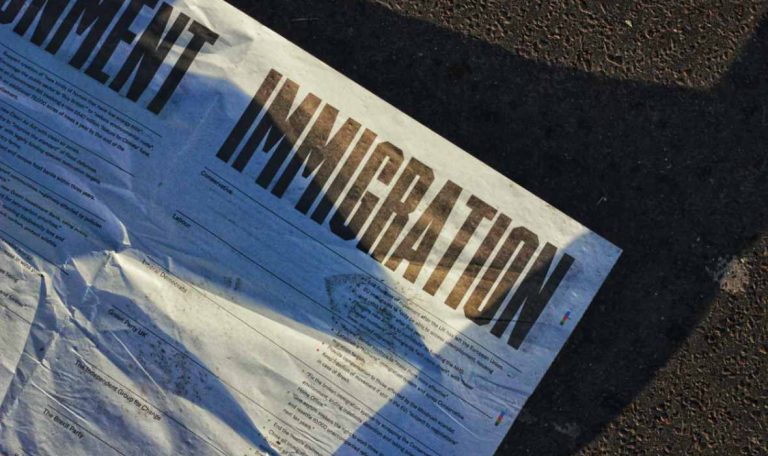Table of Contents
ToggleMajor Changes in Costa Rican Immigration Law 🇨🇷
Costa Rican Government Tightens Immigration Laws
In response to widespread abuses within the immigration system, the Costa Rican government is implementing significant changes aimed at strengthening the country’s immigration laws. Historically, individuals who initiated the residency process could remain in the country until a final resolution was obtained. This loophole allowed thousands of people to submit documents monthly, effectively prolonging their stay indefinitely. Many obtained driver’s licenses and even worked illegally during this period.
Stricter Criteria and New Regulations
To address these issues, the Costa Rican government is adopting stricter criteria for residency applications. One of the major changes under consideration is the reintroduction of the 90-day tourist visa, down from the current 180 days. This change is specifically aimed at curbing cases of perpetual tourism.
Starting July 1, 2024, all migratory documents must be submitted correctly and completely at the time of application. Failure to do so may result in immediate rejection of the application, forfeiture of government fees, and invalidation of the submitted documents. This new measure ensures that the immigration process is more efficient and less susceptible to manipulation.
Impact on Residency Applicants
The changes in the immigration law will significantly impact how residency applications are processed and reviewed. Previously, the lenient approach allowed applicants to remain in the country while their paperwork was processed. This often led to prolonged stays and misuse of the system. With the new regulations, applicants must ensure that all documents are accurate and complete before submission. This will likely reduce the number of frivolous or incomplete applications and help the authorities manage the process more effectively.
Reintroduction of the 90-Day Tourist Visa
Another critical aspect of the new law is the potential reintroduction of the 90-day tourist visa, reducing the current 180-day period. This change aims to address the issue of perpetual tourism, where individuals repeatedly enter and exit the country to extend their stay without applying for proper residency. The shorter visa duration will compel tourists to either comply with the standard tourist timeframe or pursue legitimate residency options.
Penalties for Non-Compliance
Under the new regulations, the penalties for non-compliance will be more stringent. Applicants who fail to submit complete and accurate documentation will not only face immediate rejection but also lose any fees paid to the government. This measure is intended to discourage attempts to circumvent the system and ensure that only serious and well-prepared applications are considered.
Professional Legal Guidance Recommended
Given the complexity and stringent requirements of the new immigration process, it is highly advisable to seek professional legal assistance. Handling the process independently or through inexperienced individuals can lead to significant setbacks, including wasted time and money. Experienced immigration lawyers, well-versed in Costa Rican constitutional law and administrative law, can provide the necessary guidance to navigate these changes successfully.

The Importance of Compliance
It is essential to understand that an immigration process is not an acquired right but a request to the country. Therefore, applicants must comply with and respect all procedures and requirements. Properly preparing and submitting the required documents not only facilitates a smoother process but also demonstrates respect for the host country’s laws and regulations.
Long-Term Implications
The long-term implications of these changes are expected to be positive for Costa Rica’s immigration system. By tightening the regulations and ensuring that only well-prepared and legitimate applications are considered, the government aims to reduce misuse and improve the efficiency of the process. This will likely result in a more controlled and manageable immigration system, benefiting both the country and genuine applicants.
Conclusion
The upcoming changes to Costa Rica’s immigration laws mark a significant shift towards stricter and more efficient management of residency applications. By requiring complete and accurate submission of all migratory documents and reducing the tourist visa duration, the Costa Rican government aims to address system abuses and enhance the overall integrity of its immigration process. As these new regulations take effect, it is crucial for applicants to adhere to the updated requirements and seek professional guidance to navigate the complexities of the new system successfully. Compliance with these laws not only facilitates a smoother immigration experience but also underscores the importance of respecting the host country’s legal framework.



